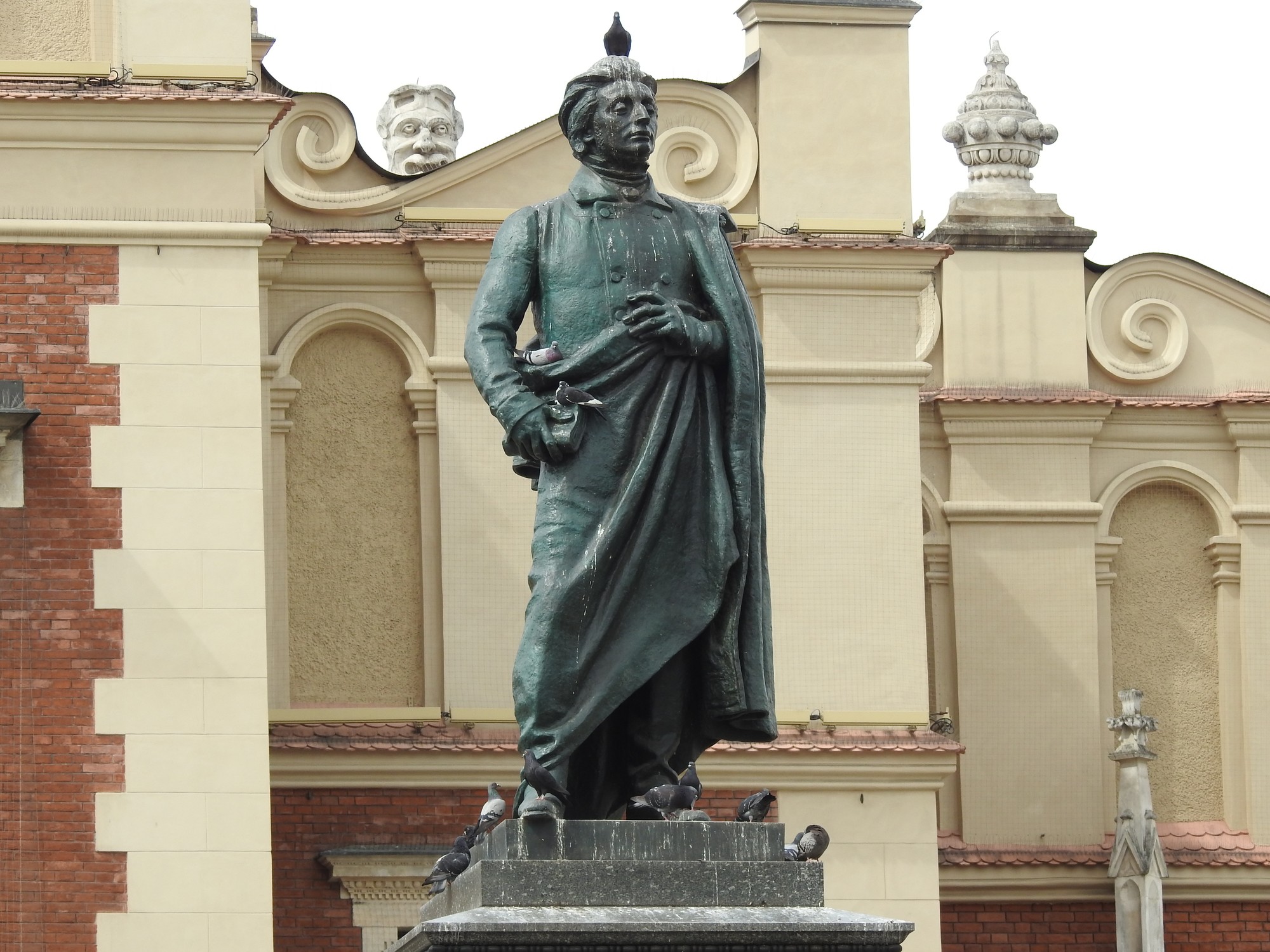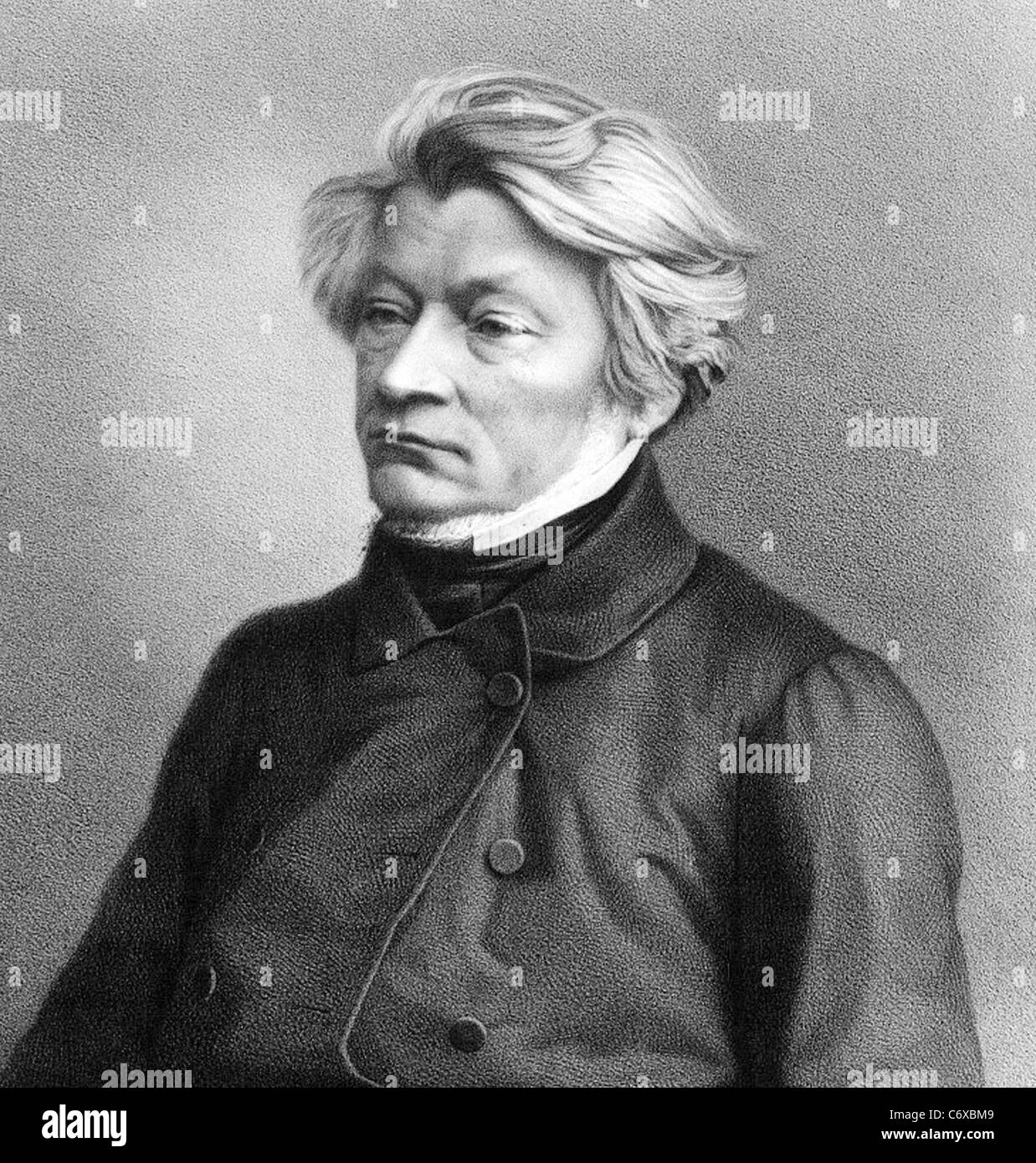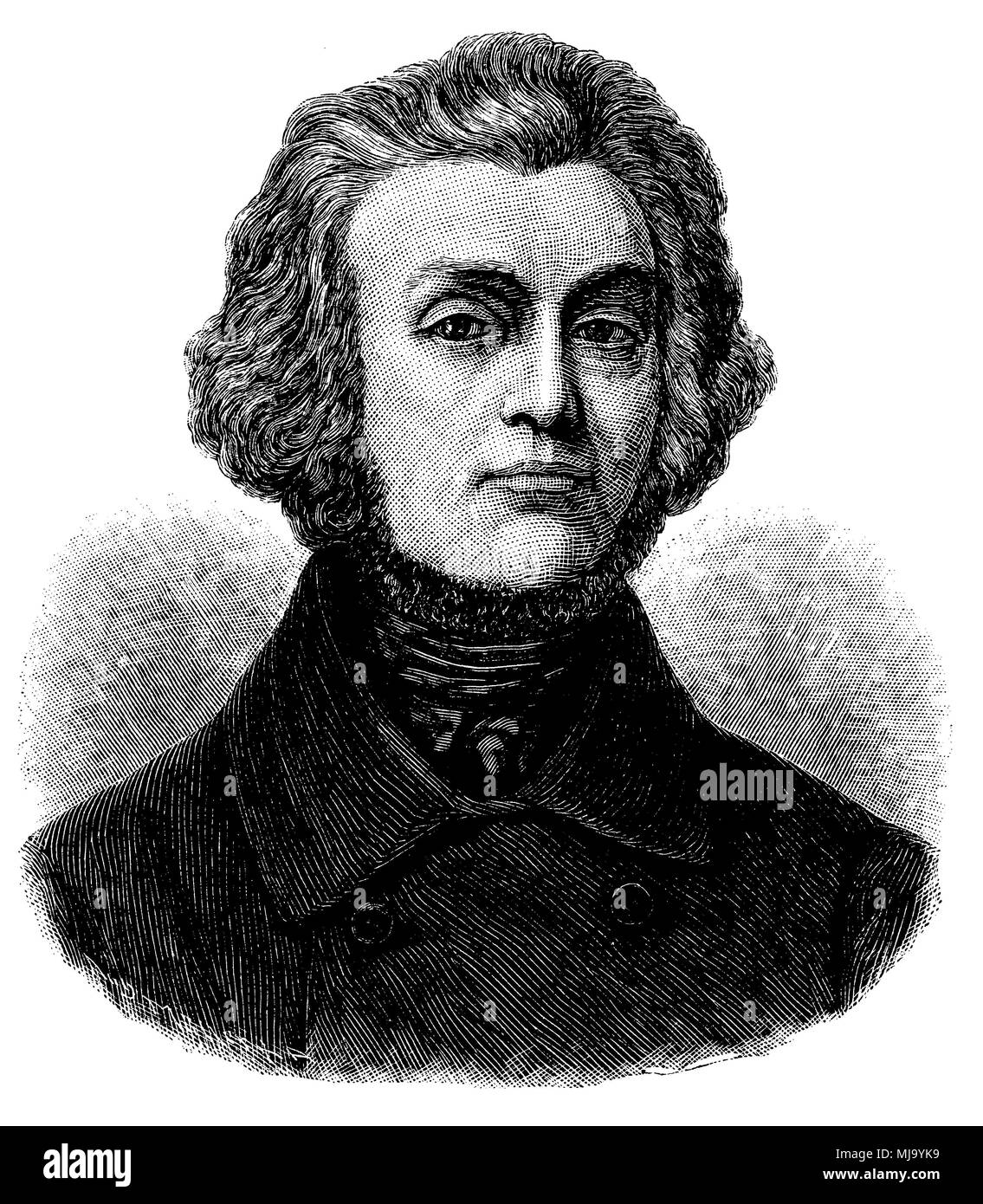
Have you ever paused to consider the profound impact a poet can have on the identity of an entire nation? Allow me to introduce you to the remarkable figure of **Adam Mickiewicz**, a monumental presence in Polish literature and a symbol of national pride for his people. Born on December 24, 1798, in what is now Belarus, Mickiewicz’s life and work are nothing short of extraordinary. His poetry not only reflects the struggles and aspirations of the Polish nation but also serves as a rallying cry for freedom and cultural identity. Through his eloquent verses, he captured the essence of the Polish spirit, inspiring generations to embrace their heritage and fight for their rights. Mickiewicz’s influence extends beyond literature; he became a key figure in the Romantic movement, intertwining his artistic vision with the political landscape of his time. His legacy continues to resonate, reminding us of the power of words to shape a nation’s soul and unite its people in their quest for self-determination.
Early Life: A Noble Beginning

Roots in Nobility
Adam Mickiewicz was born into a family of impoverished nobility, a heritage that profoundly influenced his perspective on life and his literary creations. Growing up in an environment steeped in the rich tapestry of Polish history and folklore, he was constantly exposed to stories that would later serve as a wellspring of inspiration for his writing. The struggles and aspirations of his noble lineage instilled in him a deep sense of identity and purpose, which would resonate throughout his works. This unique background not only shaped his worldview but also provided him with a distinctive voice that echoed the sentiments of his nation.
Education at the University of Wilno
Between the years 1815 and 1819, Mickiewicz pursued his studies at the esteemed University of Wilno, known today as Vilnius University. During his time there, he became actively involved in a clandestine patriotic student society, which played a crucial role in igniting his fervent passion for Polish nationalism. This engagement with like-minded peers not only fueled his desire for national independence but also laid the groundwork for his future literary endeavors. The university experience was pivotal for Mickiewicz, as it provided him with the intellectual and emotional foundation necessary to articulate the aspirations and struggles of the Polish people through his poetry and prose.
Political Activism and Arrest

Joining the Fight for Freedom
In the year 1817, the passionate poet Adam Mickiewicz took a significant step by joining a secretive organization dedicated to the cause of Polish independence. His unwavering commitment to the ideals of freedom and national sovereignty fueled his activism, ultimately leading to his arrest in 1823. This pivotal moment in his life resulted in his deportation to Russia, a consequence that, rather than deterring him, only intensified his resolve to fight for the Polish cause. The hardships he faced during this period served to deepen his dedication and inspire his subsequent works, which would resonate with the struggles of his homeland.
Connections with Russian Intellectuals
During his time in Russia, Mickiewicz had the opportunity to forge meaningful relationships with several prominent intellectuals, including the renowned poet Alexandr Pushkin. These friendships proved to be invaluable, as they not only enriched Mickiewicz’s literary perspective but also expanded his understanding of the broader landscape of European literature. Engaging with these influential figures allowed him to exchange ideas and gain insights that would later influence his own writing, creating a bridge between Polish and Russian literary traditions. This cross-cultural dialogue played a crucial role in shaping his artistic vision and furthering his commitment to the ideals of freedom and expression.
Literary Breakthroughs

First Volume of Poems: Poezye
In the year 1822, the esteemed poet Adam Mickiewicz took a significant step in his literary career by publishing his inaugural collection of poetry, titled Poezye. This volume not only showcased his profound admiration for the poetic traditions of Western Europe but also served as a pivotal moment that marked the commencement of his journey toward becoming one of the most celebrated poets in Polish literature. Through this collection, Mickiewicz began to explore various themes and styles, laying the groundwork for his future works and establishing his voice within the literary community.
Romantic Drama: Dziady
Following the success of Poezye, Mickiewicz continued to evolve as a writer, and one of his most notable contributions to the genre of Romantic drama was the play Dziady, also known as Forefather’s Eve. This remarkable work intricately wove together elements of Polish folklore with poignant themes of tragic love and existential reflection. The play resonated deeply with Polish audiences, capturing their imaginations and emotions while addressing the complexities of life, death, and the spiritual connections that bind individuals to their heritage.
Crimean Sonnets
In 1826, Mickiewicz further expanded his literary repertoire with the publication of Sonety Krymskie, or Crimean Sonnets, a captivating cycle of poems inspired by his travels to the picturesque region of Crimea. These sonnets are imbued with a profound emotional connection to the land, its rich history, and its cultural significance. Through vivid imagery and lyrical expression, Mickiewicz conveyed his experiences and reflections, allowing readers to share in his deep appreciation for the beauty and complexity of the Crimean landscape.
Exile and Continued Writing

Life in Europe
After leaving Russia in 1829, Mickiewicz traveled through Germany and eventually settled in Paris. Here, he continued to write and engage with the Polish diaspora, missing the Polish insurrection of 1830-31.
Messianic Themes in Dziady III
In the third part of Dziady, completed in 1832, Mickiewicz articulated a vision of Poland as a messianic nation, destined to lead Europe towards redemption through self-sacrifice.
Masterpiece: Pan Tadeusz

A Glimpse into Polish Gentry Life
Published in 1834, Pan Tadeusz is considered Mickiewicz’s masterpiece. This epic poem paints a vivid picture of Polish gentry life and the tensions between two noble families, encapsulating the essence of Polish culture and history.
The Napoleonic Myth
The poem also reflects the influence of the Napoleonic myth on Polish society, symbolizing hope for liberation from Russian oppression.
Academic Pursuits and Political Involvement

Teaching at the University of Lausanne
In 1839, Mickiewicz was appointed professor of Latin literature at the University of Lausanne. However, he resigned a year later to teach Slavonic literature at the Collège de France.
Editing Radical Publications
In 1849, he edited the radical newspaper La Tribune des Peuples, advocating for Polish independence and social justice.
Final Years and Legacy

Mission to Turkey
In 1855, Mickiewicz was sent to Turkey to mediate between Polish factions during the Crimean War. Tragically, he did not survive the journey, passing away on November 26, 1855.
Resting Place: Wawel Cathedral
In 1890, his remains were reburied in the Wawel Cathedral in Kraków, a site reserved for Polish kings, symbolizing his status as a national hero.
Impact on Polish Literature

Principal Poet of Polish Romanticism
Mickiewicz is celebrated as the principal poet of Polish Romanticism. His love lyrics and emotional depth elevated the portrayal of women in Polish poetry, creating an idealized image that resonated with readers.
Influence on Future Generations
With his passionate patriotism and mystical sensibility, Mickiewicz became a symbol of the Polish spirit, inspiring countless writers and poets who followed in his footsteps.

In summary, Adam Mickiewicz’s life and work are a testament to the power of literature in shaping national identity. His contributions to Polish literature and his unwavering commitment to freedom continue to inspire generations. So, the next time you read a poem or a story that stirs your soul, remember the legacy of this remarkable poet who dared to dream of a free Poland.
Table: Key Works of Adam Mickiewicz

| Title | Year | Genre | Significance |
|---|---|---|---|
| Poezye | 1822 | Poetry | First volume of poems; introduction of Western forms to Polish literature. |
| Dziady | 1823 | Drama | Blended folklore with themes of love and tragedy. |
| Sonety Krymskie | 1826 | Poetry | Reflections on his travels; emotional connection to the land. |
| Pan Tadeusz | 1834 | Epic Poem | Masterpiece depicting Polish gentry life and national identity. |
| Księgi narodu polskiego i pielgrzymstwa polskiego | 1832 | Prose | Moral interpretation of Polish history. |

